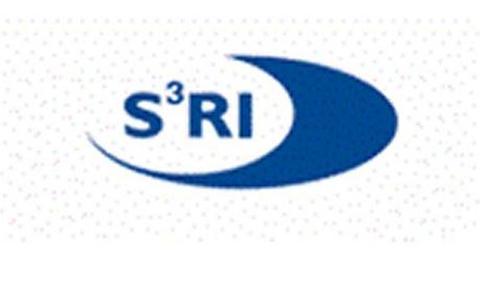S3RI - Special Series of Seminars Seminar

- Time:
- 14:00 - 17:00
- Date:
- 29 June 2017
- Venue:
- University of Southampton, Highfield Campus, Building 54, Seminar Room 5027 (5A)
For more information regarding this seminar, please email Professor Dave Woods at D.Woods@soton.ac.uk .
Event details
"The MSG seminar series is a biannual seminar series on Design of Experiments featuring talks on the latest advances in statistical methodology and applications. For further details, see https://msgdoe.wordpress.com".
Timetable:
1400 - 1405 - Welcome
1405 - 1455 - Irene Garcia Camacha Gutierrez (Universidad Castilla La Mancha, Toledo, Spain)
1455 - 1545 - Alexis Boukouvalas (University of Manchester, UK)
1545 - 1610 - Tea break
1610 - 1700 - James McGree (Queensland University of Technology, Australia)
Speaker: Irene Garcia Camacha Gutierrez (Universidad Castilla La Mancha, Toledo, Spain)
Title: Robust design for mixture experiments, an application to solve a real problem for diesel fuel surrogate models
Abstract:
Mixture models are used for analyzing problems where the controlled variables by the experimenter are proportions. The design region turns a constrained region called simplex. Polynomial models have been the most extensively studied in the literature for describing such behaviors. In general, they are appropriate, but no for all mixture systems. We investigate the problem of designing for polynomials models, when the assumed model form is only an approximation to an unknown true model. This approach is based on a notion of the maximum of some scalar-valued function of the mean-squared error matrix of the estimates over a neighborhood of the true model to that which is fitted by the experimenter. For this purpose, it is necessary to develop algorithmic techniques for computing these designs. An improved algorithm based on genetic algorithms is proposed in this work. The selection of the optimal formulation of a diesel surrogate for the prediction of autoignition under HCCI engine conditions (J.J. Hernández et al. 2008, Fuel) motivated the procedures provided.
Speaker: Alexis Boukouvalas (University of Manchester, UK)
Title: Optimal design for correlated processes with input-dependent noise
Abstract:
Optimal design for parameter estimation in Gaussian process regression models with input-dependent noise is examined. The motivation stems from the area of computer experiments, where computationally demanding simulators are approximated using Gaussian process emulators to act as statistical surrogates. In the case of stochastic simulators, which produce a random output for a given set of model inputs, repeated evaluations are useful, supporting the use of replicate observations in the experimental design. The findings are also applicable to the wider context of experimental design for Gaussian process regression and kriging. Designs are proposed with the aim of minimising the variance of the Gaussian process parameter estimates. A heteroscedastic Gaussian process model is presented which allows for an experimental design technique based on an extension of Fisher information to heteroscedastic models. It is empirically shown that the error of the approximation of the parameter variance by the inverse of the Fisher information is reduced as the number of replicated points is increased. Through a series of simulation experiments on both synthetic data and a systems biology stochastic simulator, optimal designs with replicate observations are shown to outperform space-filling designs both with and without replicate observations. Guidance is provided on best practice for optimal experimental design for stochastic response models.
Speaker: James McGree (Queensland University of Technology, Australia)
Title:Emulating utility surfaces via radial basis functions for locating high dimensional Bayesian designs
Abstract:
The location of high-dimensional Bayesian designs is a computationally challenging task due to the requirement of optimising an expensive and noisy utility function. We tackle this problem through the emulation of utility surfaces thereby avoiding many evaluations of the utility function. The chosen emulator is the radial basis function where the utility of a given design is interpolated as a function of distance from a training set of designs. We propose an algorithm for training the emulator for the location of efficient Bayesian designs, and demonstrate our proposed approach on Bayesian design problems up to 400 dimensions. We compare our algorithm against current best practice, and show that our approach locates more (or at least highly) efficient Bayesian designs with fewer utility evaluations.
Speaker information
Irene Garcia Camacha Gutierrez , Universidad Castilla La Mancha, . Toledo, Spain
Alexis Boukouvalas, University of Manchester, UK. Senior Research Associate
James McGree , Queensland University of Technology, Australia. Associate Professor in Statistics